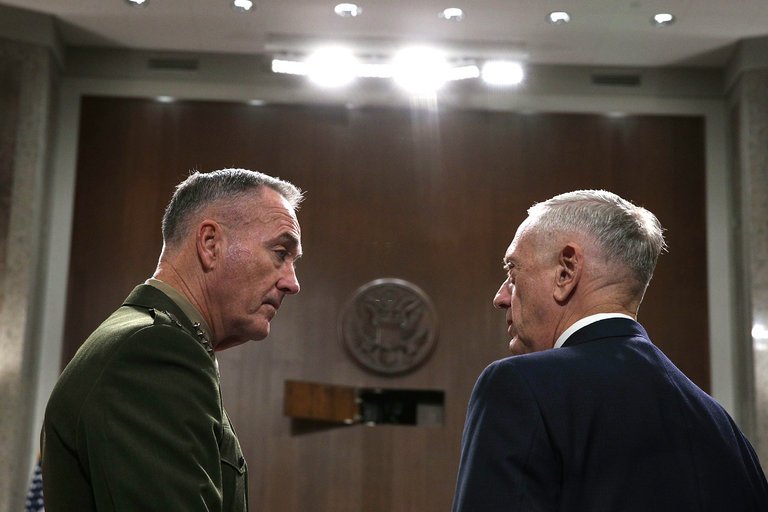Grave Challenges Facing Afghanistan By Jalaluddin Jamshidy
Kabul experienced one of the deadliest suicide attacks on Wednesday at the start of Ramadan, the Muslim holy month. Over 80 people were killed, including women and children, and more than 450 wounded. The bomb was carried by a truck in what was previously believed a safe place in the heart of the capital. Zanbaq Square is near the Afghan Presidential Palace, a zone for many foreign embassies, and has many security checkpoints.
The Afghan National Directorate of Security blamed the Haqqani Network, though the Taliban denied responsibility, as they typically do when civilians are killed. President Ashraf Ghani called the attack “a crime against humanity.” Several world leaders, including the U.S. President directly conveyed their condolences.
Days later, explosions killed at least seven people and injured over 100 more at a funeral service for a man killed in anti-government protests. Several members of government were wounded, including the speaker of the Senate. Foreign minister Salahuddin Rabbani, who was also at the service, said “barbaric terrorists have turned a funeral into a slaughterhouse.”
The Taliban has increased their insurgency activities since the American withdrawal in 2014. Another deadly strike was orchestrated by the Taliban on April 24 of this year, in which the insurgents wore Afghan army uniforms and attacked an army base killing more than 140 and left many more wounded. In a war-torn country such as Afghanistan, the Taliban are not the only group that threatens security. President Ghani claims that hundreds of the ISIL fighters are also stationed in the southern part of the country near the Durand line, the border between Afghanistan and Pakistan, and have launched terrorist attacks as well.
After a successful election in 2013, Afghanistan experienced its first democratic transition with the help of the international community. Still, the new President, whose mantra was economic stabilization, claims to spend between four to six hours daily on security matters, yet the security is worsening with approximately one-third of the country beyond government control.
There are still 8,400 U.S. soldiers deployed in Afghanistan tasked with the training of Afghan security forces. The Trump administration may add another 3,000 to 5,000 soldiers, though the president's overall policy approach is unclear. Afghan security forces alone cannot ensure the nation’s security. Adding more outside troops for training is a top priority, considering the 25,000 civilian casualties that have resulted during the 15 years of American involvement in the country. If the steep cuts to the State Department budget are realized; however, this will hinder related diplomatic challenges.
Besides security, the country is also troubled by a deeply rooted corruption that handcuffs the development process. The Afghan government must find a way to overcome this, which is not easy, particularly in a country that has a prolonged history of internal conflict. President Ghani is in the challenging position of trying to unite all sects of the Afghan society. On Friday some local leaders rallied in the Kabul streets voicing fanatic mottoes generating chaos during otherwise peaceful demonstration.
While the U.S. continue to provide military training and equipment, per the 2014 bilateral security agreement, American allies, Saudi Arabia and Pakistan have longstanding connections the Taliban and other affiliated insurgency groups. The U.S. must put extra pressure on these two countries to end all remaining facilitation. Peace in Afghanistan will not be possible without regional cooperation.
Jalaluddin Jamshidy is a government student at Utica College.





